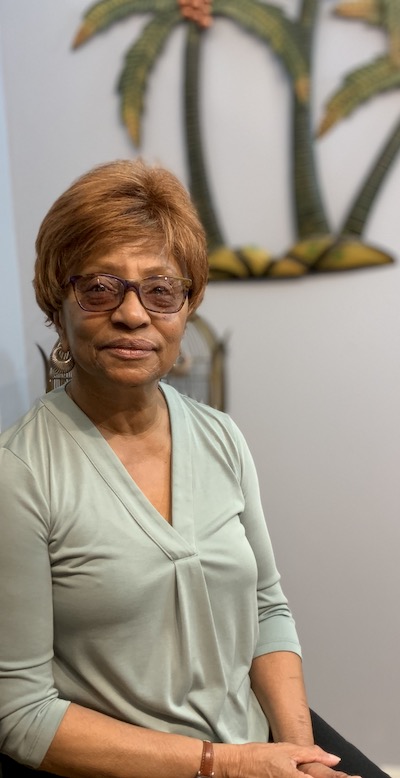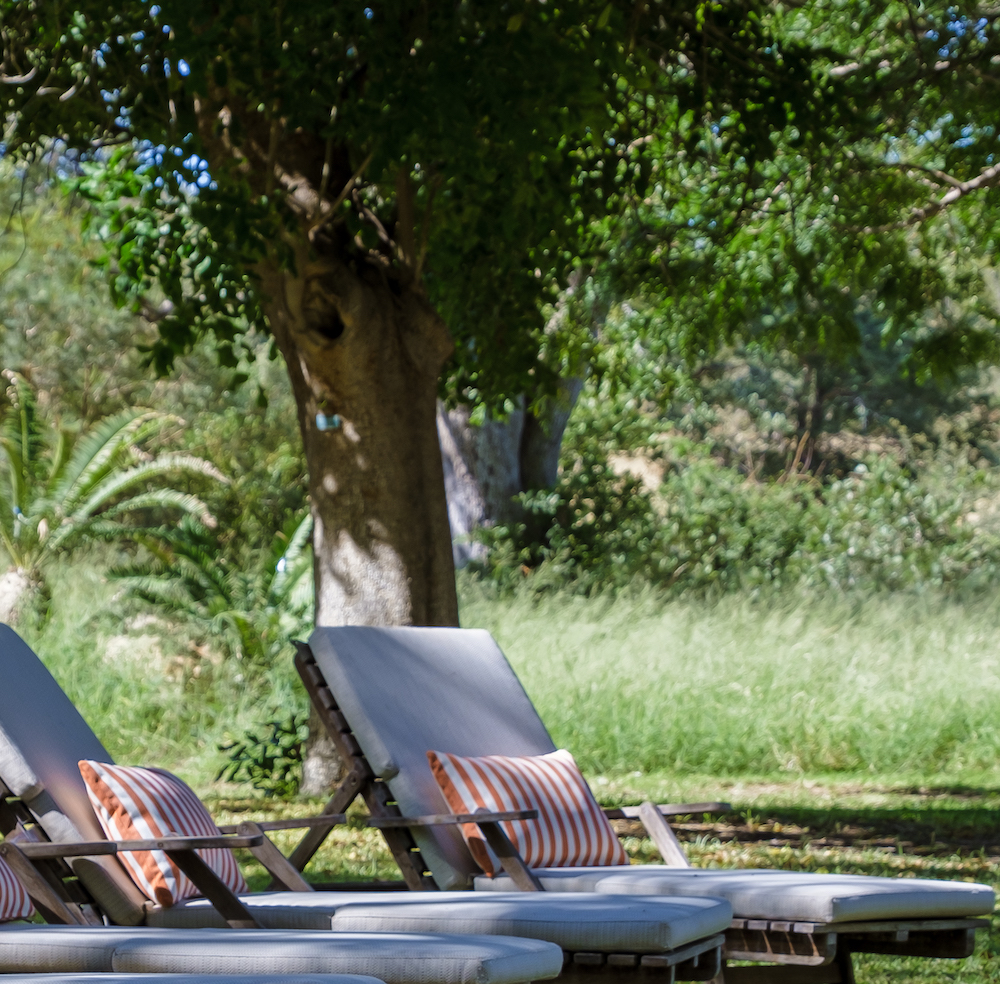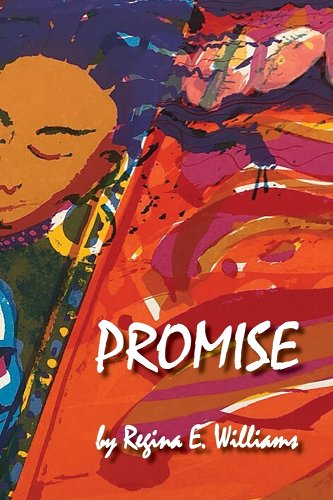The people attending the art gallery opening in Accra were colorfully attired. The rich African fabrics in traditional styles and European-inspired fashions were on regal display. Everyone wore
their finest gold baubles: thick bangles, decorative rings, elegant earrings and large, shiny watches.
My friend Akua Lee, one of the featured artists, introduced me to a gentleman who stood off to the side surveying the gathering. The hair at his temples was greying and his twinkling eyes welcomed
me warmly. Dr. Acheampong was a well-known physician, artist and beloved supporter of the arts. In fact he had sponsored several of the artists in the exhibit.
Dr. Acheampong was like a proud father at his child’s graduation, eagerly informing me of the brilliance of Akua’s work. Among other things he mentioned that he was working on a book comparing traditional medicines with Western pharmaceuticals, but his project was on hold while his secretary took a two-month holiday.
After asking about his handwriting I volunteered to assist with the typing of the manuscript. He was delighted.
I cannot say I felt the same about the old Smith-Corona typewriter that greeted me, but I had volunteered. As for Dr. Acheampong’s handwriting, it was legible if you read elaborately looped European cursive. Being from the States, it was a bit of a challenge.
My desk, located near a window facing the front porch, gave me a nice breeze when there was one, and a magnificent view of the lush vegetation of the estate on which the clinic was housed. The long driveway was lined with coco palms. To the left of the clinic stood colorful tulip trees with their crinkled red/orange tulip-like blossoms. In various places throughout the estate were large elephant eared taro plants in pots and fan palms in clusters. And of course, there was the wafting scent of jasmine.
Most pleasing of all was the fact that I could hear the patients’ conversations as they waited on the porch. This helped improve my rudimentary textbook understanding of Twi and Ga, two of the local languages.
It was late in the afternoon and I was preparing to conclude my work for the day but it was so wonderfully beautiful and quiet that I lingered, taking a stroll through the garden. As I basked in the landscape and massaged my numb fingertips, two figures approached. I could see that one was an old man wearing a yellow and brown traditional-style cloth wrapped around his thin frame leaving one shoulder bare. He was supported on one side by a walking stick. On the other side a younger man wearing a more contemporary blue and beige pintucked Fugu smock held him effortlessly.
Dr. Acheampong stepped out onto the porch just as the younger man gently settled the elder onto a cushioned chair. He greeted them both by name and seated himself so that he faced the older gentleman. I hurried back inside through the side door.
The doctor observed the patient but said nothing more, waiting. I served them cool water and retreated back into the building. The younger man moved to the side porch. The old man spoke softly in Twi. He said that he had come because he was having difficulty servicing his five wives and wanted some herbs to improve his performance.
This could not be correct, I thought. The gentleman was of advanced years. Perhaps my understanding of the language was not as improved as I’d wanted to believe. Dr. Acheampong explained, “Respected elder, the human body is like an automobile – when it’s new everything runs smoothly. As it ages the performance slows and the parts do not always work as efficiently
as when new.”
The old man listened patiently, allowing the doctor to reiterate specific analogies to be sure he was understood. When the doctor had finished, the old man sipped his water, cleared his throat and repeated his initial request. It was clear from his manner and tone that he was not leaving without what he had come for.
I moved quietly but quickly through the side door and found the younger man. His name was Francis and he was the great-grandson of the patient. He said his great-grandfather was 102 years old. Since Francis was speaking in English I had no reason to doubt the accuracy
of what he said. He was a college student at the University of Science and Technology at Kumasi, home on holiday. His grandmother, one of the five wives in question, was the mother of seven children. Francis didn’t know the total number of children from all of the wives.
My inquiry was interrupted by the older gentleman calling for his great-grandson. I hurried back inside in time to see the older gentleman tuck the packet of herbs into his robes.
Still in a state of disbelief, I approached Dr. Acheampong to ask if I’d heard the old man correctly. With a playful look, Dr. Acheampong asked what I thought I’d heard and chuckled impishly as he confirmed my understanding. His parting remark, delivered over his shoulder was, “A sense of duty is ingrained in African culture.”
Did his wives share that same sense of duty? I wondered. And exactly how old were these women anyway? Clearly, my education was just beginning.
Note: This was excerpted from Regina’s collection of short stories, PROMISE, published in 2022.

Regina E. Williams is a founding member of the Metamorphosis Writer’s Collective and the “Ain’t I a Woman” Writers Collective, and a member of New Renaissance Writers Guild, and New Bones, a promotion/production group designed to promote black literature and music. She hails from New York and currently resides near Charleston, South Carolina. Learn more at ReginaEWilliams.com

